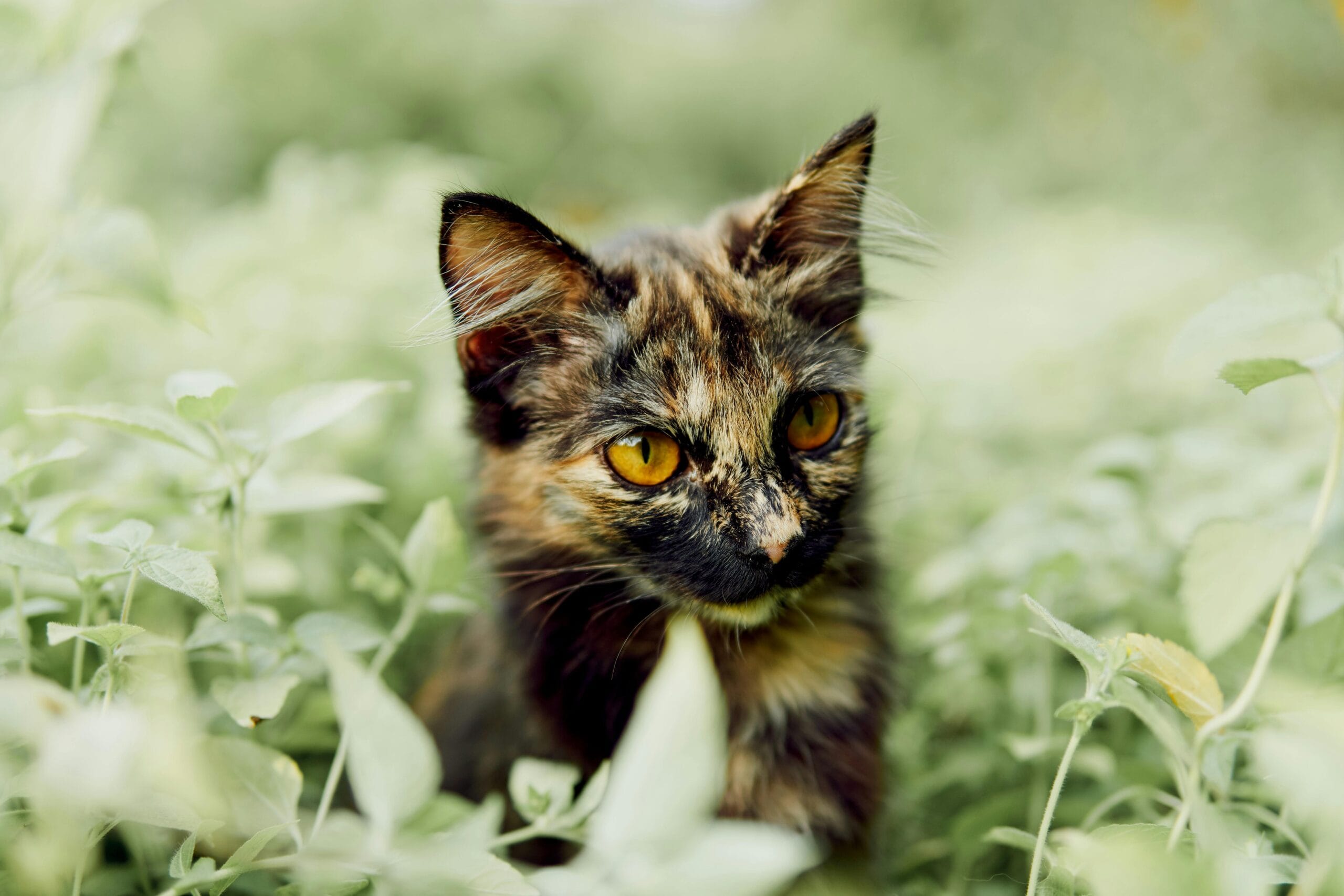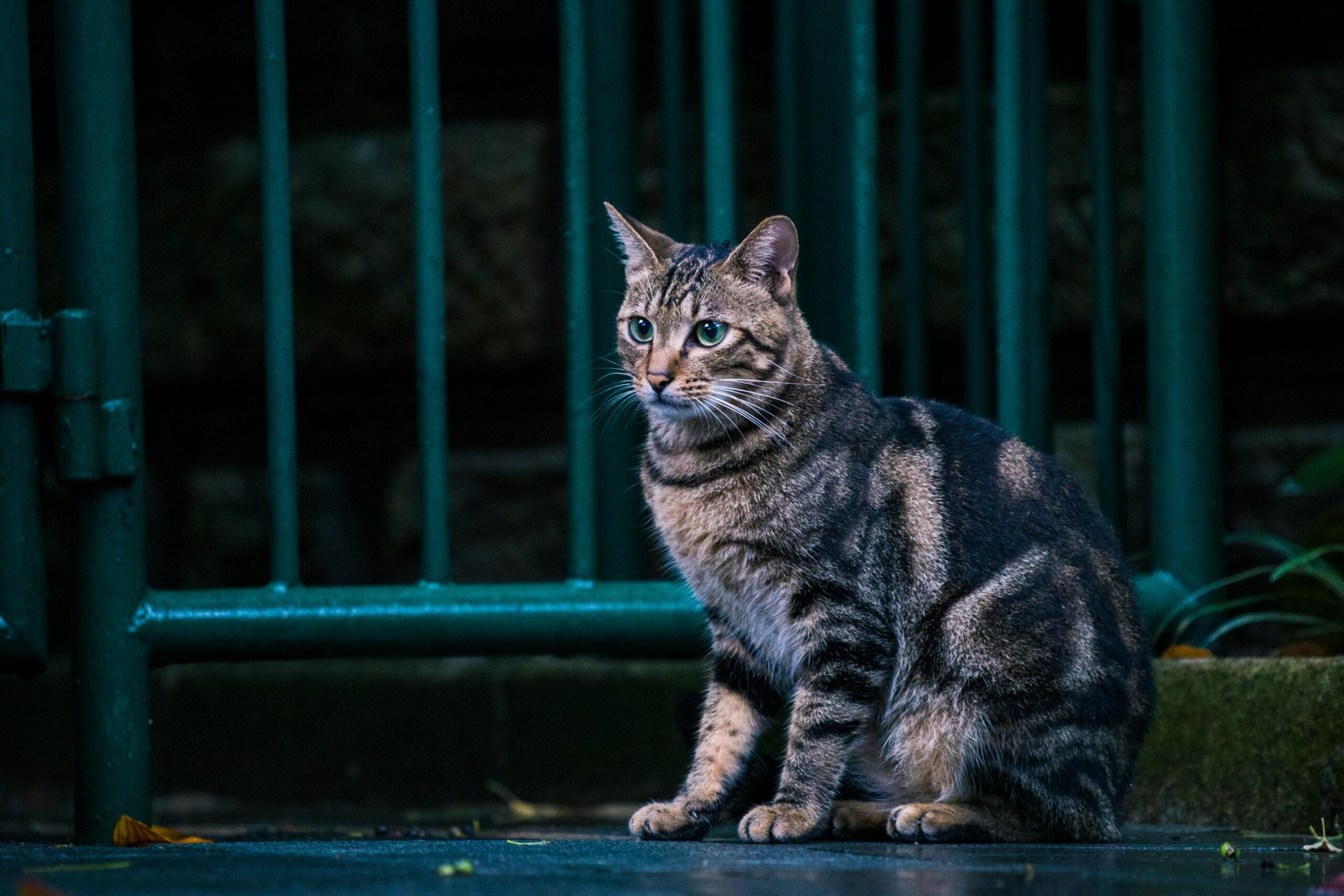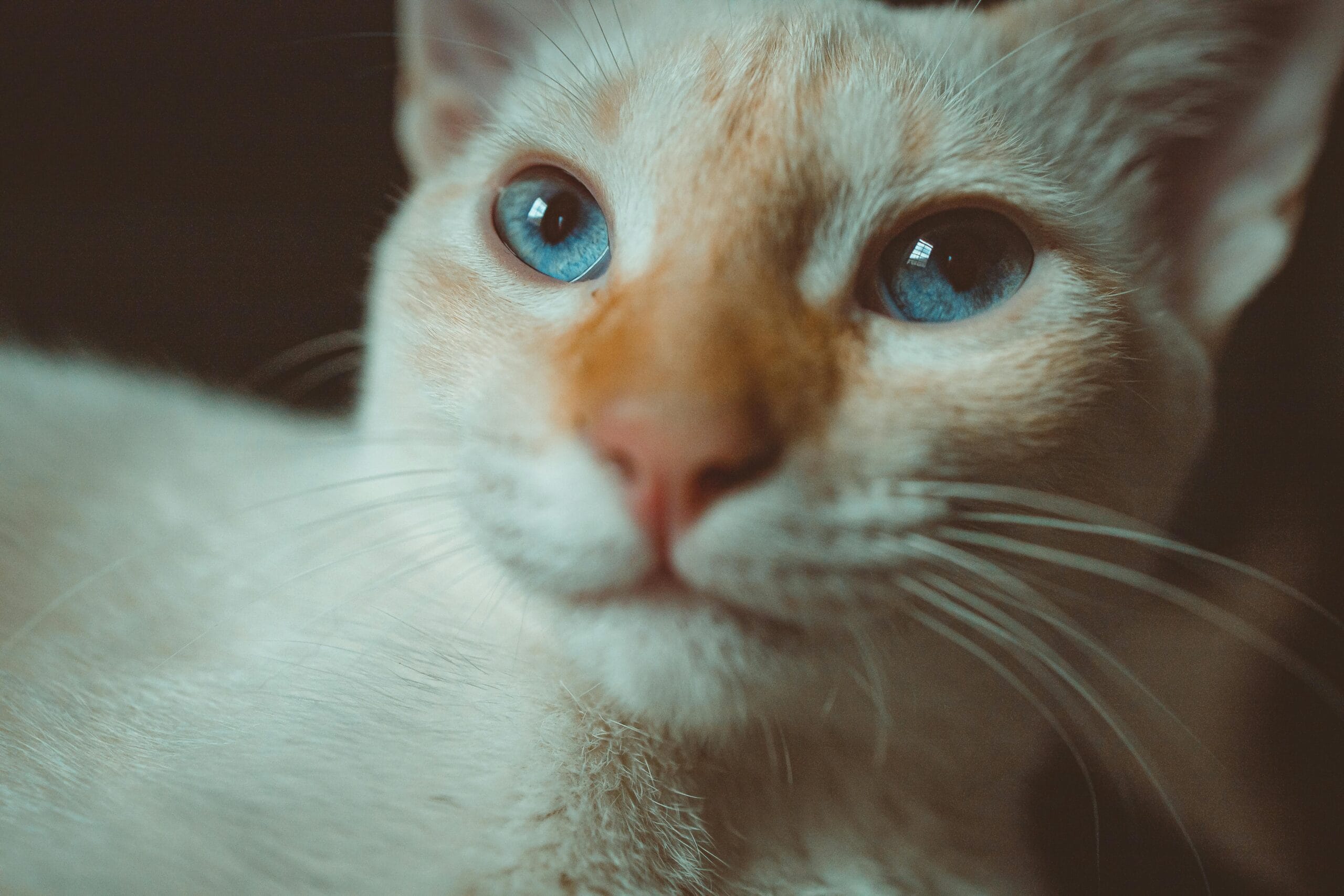Can Cats Eat Raspberries? Find out if raspberries are safe for cats! Learn about the potential benefits and risks of cats eating raspberries. Are Raspberries Safe for Cats? Get expert answers now! Cats Eating Raspberries: Your complete guide.
Can Cats Eat Raspberries? A Comprehensive Guide
The question, “Can cats eat raspberries?” is a common one among cat owners who are always looking for ways to add variety to their feline friend’s diet. While raspberries are a delicious and healthy treat for humans, it’s crucial to understand whether they’re safe for our furry companions. This detailed guide will explore the topic of cats eating raspberries, examining the potential benefits and risks, and ultimately answering the burning question: are raspberries safe for cats?
Are Raspberries Safe for Cats? A Closer Look
The short answer is: generally, yes, cats can eat raspberries in moderation. Raspberries are low in calories and relatively low in sugar compared to many other fruits. They contain small amounts of vitamins, minerals, and antioxidants that can potentially offer some health benefits. However, it’s not a free-for-all. Moderation is key, and there are certain precautions to take.
While raspberries themselves aren’t toxic to cats, potential problems can arise from several factors. The seeds can be a choking hazard, especially for kittens or cats with smaller mouths. Additionally, the sugar content, while lower than many other fruits, can still contribute to weight gain or dental problems if consumed excessively. We’ll delve deeper into these aspects in the following sections.
Potential Benefits of Raspberries for Cats
Raspberries contain several beneficial compounds, though it’s important to note that the quantities in a small serving are likely minimal. They offer small amounts of Vitamin C, which is an antioxidant, and various other vitamins and minerals. These nutrients contribute to overall health and well-being. But remember, a cat’s diet should primarily consist of high-quality cat food formulated to meet their nutritional needs. Think of raspberries as an occasional, supplemental treat, not a staple in their diet.
Compared to other fruits often questioned by cat owners, like cherries, which are considered toxic, or even grapes, which can cause kidney failure, raspberries present a much lower risk.
Potential Risks of Giving Cats Raspberries
The biggest risk associated with cats eating raspberries is the potential for choking on the small seeds. Always remove the seeds before offering raspberries to your cat. Similarly, while not toxic, the stems should also be removed to avoid digestive upset. Even small amounts of the stems can create irritation.
Another concern is the sugar content. Excess sugar can contribute to weight gain and dental issues in cats, just as it does in humans. Therefore, limiting the number of raspberries you give your cat is crucial. Overfeeding can easily lead to problems. Always ensure you’re giving your cat a balanced diet, especially if you introduce fruits and vegetables like lettuce in their diet. If you’re looking for a healthy snack that might complement their diet, read more about almond milk for additional information. This can help in making informed decisions regarding your cat’s diet.
How to Safely Introduce Raspberries to Your Cat
If you decide to offer your cat raspberries, start with a very small amount – a single, seedless raspberry is a good starting point. Observe your cat closely for any signs of adverse reactions such as vomiting, diarrhea, or changes in behavior. If you notice any unusual symptoms, stop giving your cat raspberries immediately and consult your veterinarian.
Always choose fresh, ripe raspberries. Avoid giving your cat raspberries that are moldy, bruised, or otherwise spoiled. These can contain harmful bacteria or toxins that are more likely to cause digestive problems. This differs from feeding your cat certain types of fish, like sardines, which are generally safe when given in moderation, but still need to be part of a balanced diet.
Other Fruits and Vegetables Safe for Cats
While raspberries are a relatively safe option, remember that a cat’s diet should primarily consist of high-quality cat food. Other fruits and vegetables that are generally considered safe for cats in moderation include cooked pumpkin, green beans, and blueberries. However, always introduce new foods gradually and monitor your cat for any adverse reactions.
For more detailed information on feline nutrition, I recommend consulting a reputable source like the ASPCA for a list of plants and foods that are toxic or non-toxic to your cat. Their website also provides important guidance on feline nutrition to help you develop a balanced diet that will help your cat live a longer and healthier life.
Can Cats Eat Raspberries? The Verdict
In conclusion, can cats eat raspberries? Yes, but only in small amounts and with proper precautions. Always remove the seeds and stems before offering raspberries to your cat, and carefully monitor them for any adverse reactions. Remember, raspberries should be a rare treat, not a regular part of their diet. Prioritize a balanced diet consisting primarily of high-quality cat food to ensure your feline companion receives all the essential nutrients they need to thrive.
Another excellent resource for pet owners is the VCA Hospitals website, which offers detailed information on pet nutrition and health. Their articles provide comprehensive guidance on what to feed and what to avoid when it comes to maintaining a healthy and balanced diet for your pets.
Frequently Asked Questions (FAQs)
Q: My cat ate a whole raspberry. Should I be worried? A: While one raspberry likely won’t cause significant harm to a healthy adult cat, it’s best to observe them closely for any digestive upset. Future servings should be significantly smaller.
Q: Can kittens eat raspberries? A: It’s even more crucial to exercise caution with kittens, as the seeds pose a greater choking hazard. Avoid giving raspberries to very young kittens.
Q: Are frozen raspberries safe for cats? A: Yes, provided they are thawed completely and the seeds are removed. Frozen raspberries offer a refreshing treat during warmer months.
Q: My cat is allergic to strawberries. Could they be allergic to raspberries? A: While both are berries, allergies vary. Introduce raspberries cautiously and monitor closely for reactions.
Share Your Experience!
Have you ever given your cat raspberries? Share your experiences and any observations in the comments below! Let’s build a community of cat lovers sharing knowledge about cats eating raspberries and other feline dietary questions. We want to hear about your cat’s reaction to raspberries, whether they enjoyed them, and if there were any issues.

- Can cats eat raspberries?
- Yes, cats can eat raspberries in moderation. Raspberries are generally safe for cats, containing vitamins and antioxidants. However, they shouldn’t make up a significant part of their diet. The question of “Are Raspberries Safe for Cats” is answered with a qualified yes.
- Are raspberries safe for cats?
- While “Are Raspberries Safe for Cats” is generally a yes, it’s crucial to offer them in small quantities. Too many raspberries can cause digestive upset due to their sugar content.
- What are the benefits of cats eating raspberries?
- Raspberries offer some vitamins and antioxidants. However, don’t rely on raspberries as a primary source of nutrition for your cat. Focusing on a balanced cat food diet is key.
- How many raspberries can a cat eat?
- A small handful of raspberries (1-2) as an occasional treat is generally acceptable. Always monitor your cat for any adverse reactions after “Cats Eating Raspberries”.
- Can cats eat raspberry seeds?
- The seeds themselves aren’t toxic, but they can be difficult for cats to digest. It’s best to remove the seeds before offering raspberries to your cat.
- What if my cat eats a lot of raspberries?
- If your cat consumes a large quantity of raspberries, monitor them for diarrhea, vomiting, or other digestive issues. If symptoms persist, consult your veterinarian.
- Are raspberries toxic to cats?
- Raspberries are not inherently toxic to cats. However, the high sugar content can cause problems if consumed excessively. The question “Can Cats Eat Raspberries” is answered with a cautious yes.
- My cat loves raspberries, can I give them regularly?
- While your cat might enjoy them, raspberries shouldn’t be a regular part of their diet. Stick to a balanced commercial cat food. Occasional treats like raspberries should be kept minimal.
- Can kittens eat raspberries?
- Kittens can eat a tiny amount of raspberries, but even more caution is advised due to their smaller digestive systems. Start with a very small piece and watch for any reaction.
- Cats eating raspberries: Is there anything I should watch out for?
- Watch for any signs of digestive upset such as vomiting, diarrhea, or changes in appetite after “Cats Eating Raspberries”. If you notice anything unusual, contact your vet.

Can Cats Eat Raspberries? A Vet-Approved Guide
Raspberries, with their juicy sweetness, might seem like a tempting treat to share with your feline friend. But before you offer a bite, it’s crucial to understand the potential health implications. While not inherently toxic like grapes (see our guide on can cats eat grapes), raspberries aren’t a staple part of a cat’s diet either. Moderation is key.
The sugar content in raspberries is a primary concern. Too much sugar can contribute to weight gain, dental problems, and even diabetes in cats. Just as with giving your cat dairy products like almond milk (which should be avoided), introducing significant quantities of sugary foods should be minimized. Therefore, only offer a tiny amount as an occasional treat.
Another factor to consider is the potential for digestive upset. Some cats are more sensitive than others, and raspberries, while not toxic, can cause diarrhea or vomiting if consumed in large quantities. Start with an extremely small amount to observe your cat’s reaction. If you notice any adverse effects, discontinue feeding them raspberries immediately.
While raspberries themselves aren’t directly harmful, consider the potential for pesticide residue. Always wash raspberries thoroughly before offering them to your cat. Similarly, if you’re giving your cat other human foods, always ensure they’re safe; check our article about can cats have lettuce for another example of a common question.
Finally, remember that a balanced diet formulated specifically for cats is essential for their health and well-being. Treats, including raspberries, should only constitute a tiny fraction of their overall caloric intake. Offering a healthy and balanced diet is far more important than the occasional raspberry. While sardines might be a healthy option occasionally, it’s important to prioritize a vet-recommended diet. For further dietary questions, always consult your veterinarian.
In short: A very small amount of raspberry as an occasional treat is unlikely to harm a healthy cat, but it shouldn’t be a regular part of their diet. Always prioritize their well-being and consult your vet if you have any concerns.

Can Cats Eat Raspberries, Cats Eating Raspberries, Are Raspberries Safe for Cats